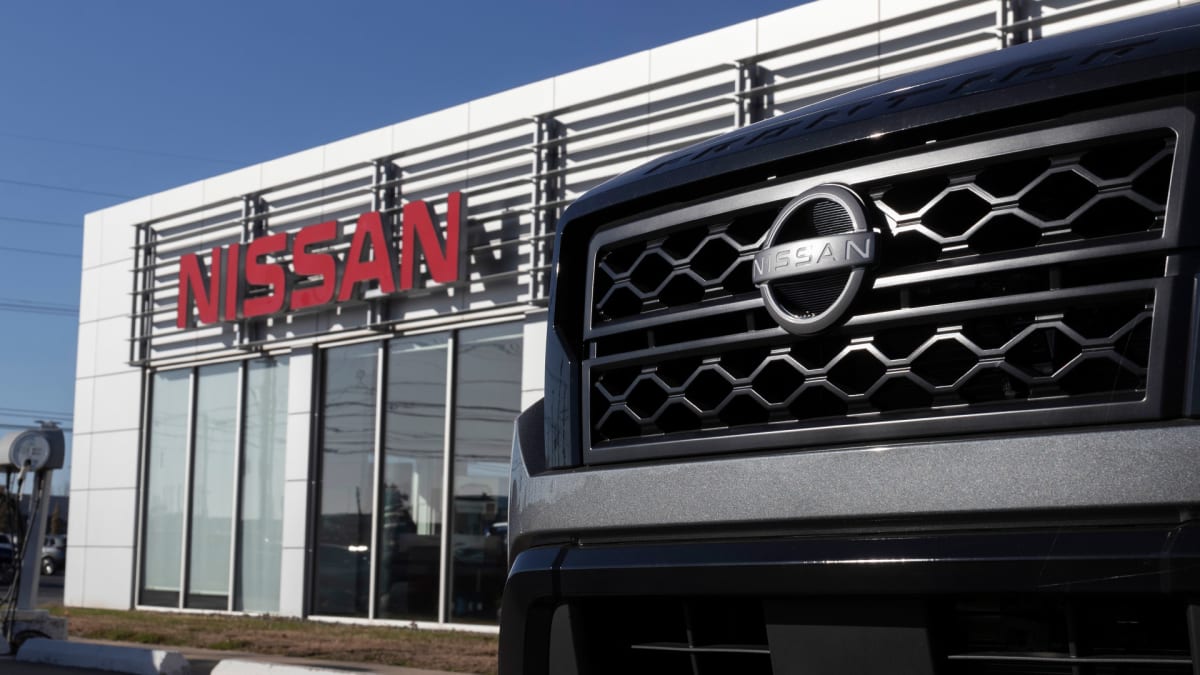
Electric vehicle recalls seem to be just as common as recalls of internal combustion engine vehicles. No EV manufacturer seems to be immune to National Highway Traffic Safety Administration safety recalls.
Ford (F) last September recalled certain 2022 Mustang Mach E Crossovers, since there was a chance the vehicles' axles could break, InsideEVs reported.
General Motors (GM) in October 2022 recalled about 735 of its 2022 Hummer EVs and 85 of its BrightDrop EV600 electric vans due to a battery pack sealing problem.
DON'T MISS: Tesla and Its Best-Seller Car Hit by Bad News
"If the pack enclosure is not sealed, water can enter the pack," the NHTSA report said.
Later in December, GM recalled 140,000 of its Chevrolet Bolt EVs due to a fire risk.
"GM is voluntarily recalling certain 2017-2023 model year Chevrolet Bolt EV vehicles due to rare instances of front seatbelt pretensioner exhaust gases coming in contact with floor carpeting fibers, after a vehicle crash," the automaker said in a statement.
Tesla (TSLA) is facing several investigations of its vehicles by Federal regulators including an issue with its steering wheels coming off while driving. The defect was found on Model Y SUVs model year 2023. The Model Y is one of Tesla's bestsellers.
"The Office of Defects Investigation (ODI) is aware of two reports of complete detachment of the steering wheel from the steering column while driving in 2023 Model Year Tesla Model Y vehicles," the NHTSA said on its website.
Nissan already had major voluntary recalls for vehicles in February as it recalled about a half-million vehicles for steering wheel emblem detachments that could injure people if the airbag is deployed and another 800,000 vehicles for defective ignition keys.

Shutterstock
Nissan Issues Voluntary Recall
Now, Nissan (NSANY) has launched a voluntary safety recall of 1,063 of its 2023 Ariya Electric SUVs after the company discovered a similar problem Tesla is having with missing steering wheel bolts that could cause loss of steering control and an increased risk of a crash.
Dealers were notified of a Quality Action stop sale on Feb. 22 and were notified of the recall beginning March 1. Owners of potentially affected vehicles will be notified by Nissan to bring their cars to dealers for repair March 1 through March 30.
"Certain Nissan Ariya vehicles underwent a recent port modification activity to replace the steering wheel due to a quality issue. As part of the activity, a technician may have inadvertently applied the incorrect torque settings to the steering wheel bolt. In certain cases, the steering wheel bolt may not have been installed" according to the NHTSA's Safety Recall Report.
Defective Part Could Cause a Crash
"As a result, the steering wheel may experience some play or potentially separate from the steering column if pulled towards the driver. If this occurs, loss of steering control may increase the risk of a crash," the report said.
The chronology of the events leading to the recall in the report said that on Jan. 30 a dealer employee detected a loose steering wheel on a 2023 Ariya and after investigation, the dealer determined that a steering wheel center bolt was missing. Then on Feb. 8, Nissan received a second report from a dealer with the same problem with a missing bolt on a 2023 Ariya steering wheel.
Nissan determined both vehicles had been included in a port modification activity to address potential quality concerns with the steering touch sensor prior to distribution. Both vehicles had been serviced by the same technician during the port modification activity, according to the report.
The EV manufacturer on Feb. 11 began inspecting 418 Ariya vehicles that had been part of the port modification activity. By Feb. 20, Nissan found one additional Ariya vehicle with a loose steering wheel out of 96 inspected, and the following day launched a voluntary safety recall out of abundance of caution, the report said.
Nissan is not aware of any accident or injuries related to the subject condition.







